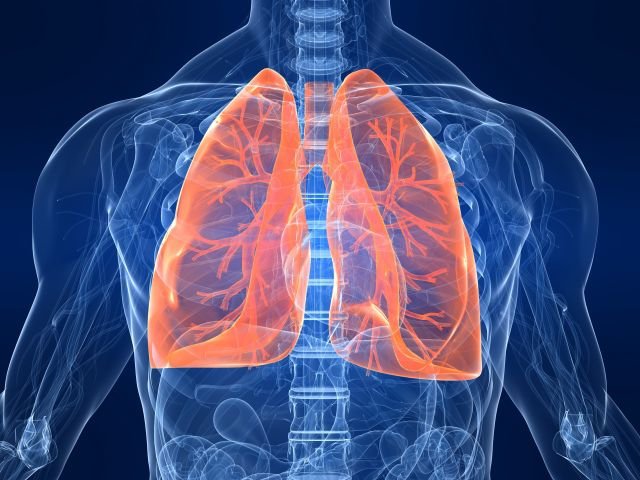As seen in the December issue of Retail Pharmacy magazine.
A respiratory condition affecting the lungs and digestive system, cystic fibrosis (CF) causes a malfunction to the exocrine system, which is responsible for the production of saliva, sweat, tears and mucus. CF is a genetic disorder inherited from both parents, and in Australia, one in 2500 babies are born with the condition.1
Of the more than one million carriers of CF in Australia, most are unaware of being genetic carriers of the condition. That’s one in 25 people who indicate no symptoms, but are capable of producing a child who is affected by CF.
Those planning to have children can have carrier screening, arranged through their doctor.
Diagnosis
Newborns are given a heel prick test. This has been used since 1986 to screen for various conditions, including CF, but is not fail-safe and will not always diagnose CF.
Babies may be diagnosed if they exhibit obvious CF symptoms, such as bowel blockage or ‘failure to thrive’. The definitive diagnostic tool is the sweat test, which looks for high levels of salt in perspiration, a common occurrence among those with CF.
Symptoms
Those born with CF develop excessive amounts of thick and sticky mucus in their lungs, airways and digestive system. This subsequently results in recurrent infections of the lungs, disturbs digestive functions, and causes irreversible damage to the pancreas and lungs. The major cause of death in those with CF is lung failure.
From birth, a person with CF requires regular and ongoing medical treatments and physiotherapy.
Management
To enable those with CF to digest food, they may require up to 60 enzyme replacement capsules and four hours of airway-clearance physiotherapy daily. Typically, ongoing medical treatment, often delivered within a CF treatment centre, includes antibiotics for lung infections, aerosol mist administered via a nebuliser to open airways, salt and vitamin supplements, exercise to improve core strength and breathing capacity, and dietary support to ensure adequate energy intake.
Due to the risk of cross-infection related to lung conditions, those with CF are discouraged from socialising with one another. This makes it difficult for CF patients to share their experiences and provide support to one another in person, and it can be an exhausting and isolating condition.
Role of community pharmacists
“As a community pharmacist, our role is to educate and assist CF patients and carers on how to take their medications – both prescription and non-prescription,” said Erin Cooper, a pharmacist at Capital Chemist Wanniassa in the ACT.
“Patients with CF are often on a number of medications, including modulator therapies, antibiotics, inhalers and vitamins. As pharmacists, we can provide counselling on how these medications should be taken in relationship to each other, and appropriate device use for inhalers.
“As patients become stable on their treatment plans, their frequency of hospital visits decreases, and with many medications now added to the PBS, the pharmacy becomes their monthly point of contact.”
Prescription medications address the spectrum of symptoms and varying complications associated with CF, she adds, with patients also typically consuming various vitamins and OTC products, such as laxatives and electrolytes, that are available in pharmacies.
“Non-pharmacological devices can also be purchased in some pharmacies, which can be used in conjunction with physiotherapy exercises to assist the clearing of mucus from the lungs,” Ms Cooper said.
“Additionally, pharmacies offer services such as annual flu and now COVID vaccines, which are important for patients with CF and other respiratory diseases, to reduce the risk of contracting these respiratory viruses, which can place them in hospital.”
Ms Cooper says she points customers seeking further information or support in managing CF to the Cystic Fibrosis Australia website (cysticfibrosis.org.au) because it has a large array of resources and contacts for patients and families in each state and territory.
Reference
- Cystic Fibrosis Australia. ‘What is CF’. cysticfibrosis.org.au/about-cf/what-is-cf
This feature was originally published in the December issue of Retail Pharmacy magazine.








